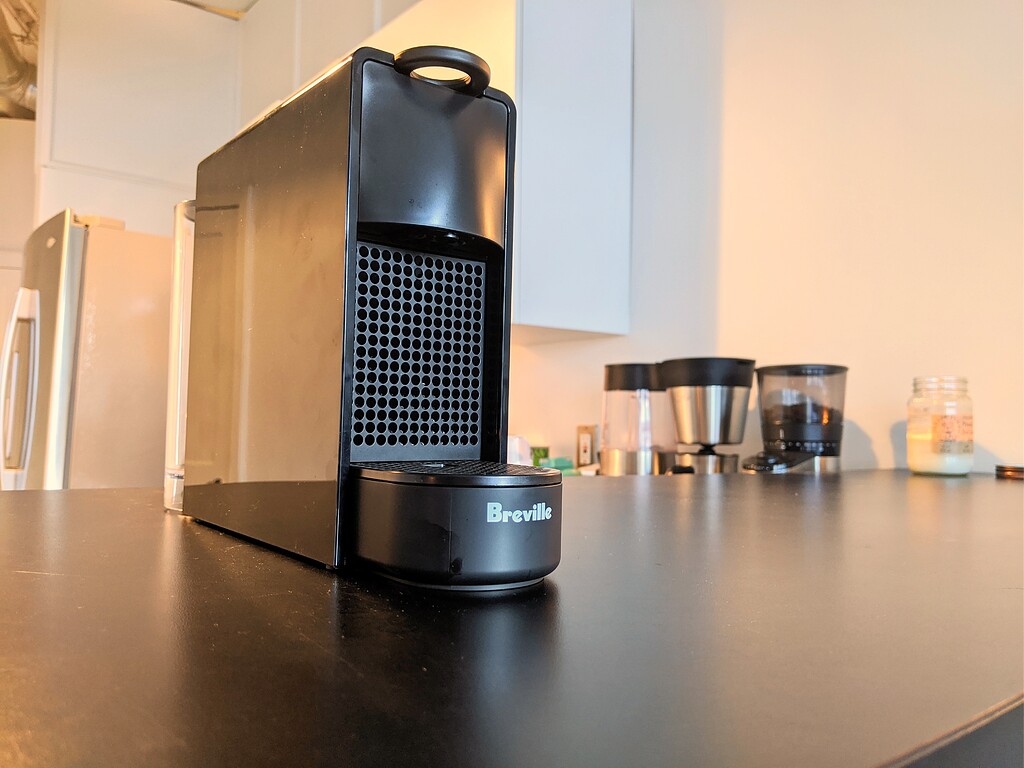
Amazon.com: Nespresso Essenza Mini Coffee and Espresso Machine by De'Longhi, 1150 watts, 110ml, Black: Home & Kitchen

Amazon.com: Nespresso Essenza Mini Espresso Machine by Breville,0.6 Liters, Piano Black, 15.25 x 5.5 x 12.25 in: Home & Kitchen

This beauty (Essenza Mini Matte Black) replaces my very old (and very loud) Inissia. The matte finish is everything ♥️ : r/nespresso

Amazon.com: Nespresso Essenza Mini Coffee and Espresso Machine by De'Longhi, 1150 watts, 110ml, Black: Home & Kitchen

Amazon.com: Nespresso Essenza Mini Espresso Machine by Breville with Milk Frother,20.3 fl oz, Piano Black: Home & Kitchen

Nespresso by De'Longhi Essenza Mini Single-Serve Espresso Machine in Piano Black and Aeroccino Milk Frother in Black - Walmart.com

Maserati Mc20 Cielo Nero Essenza Black With Display Case Limited Edition To 24 Pieces Worldwide 1/18 Model Car By Bbr : Target

















